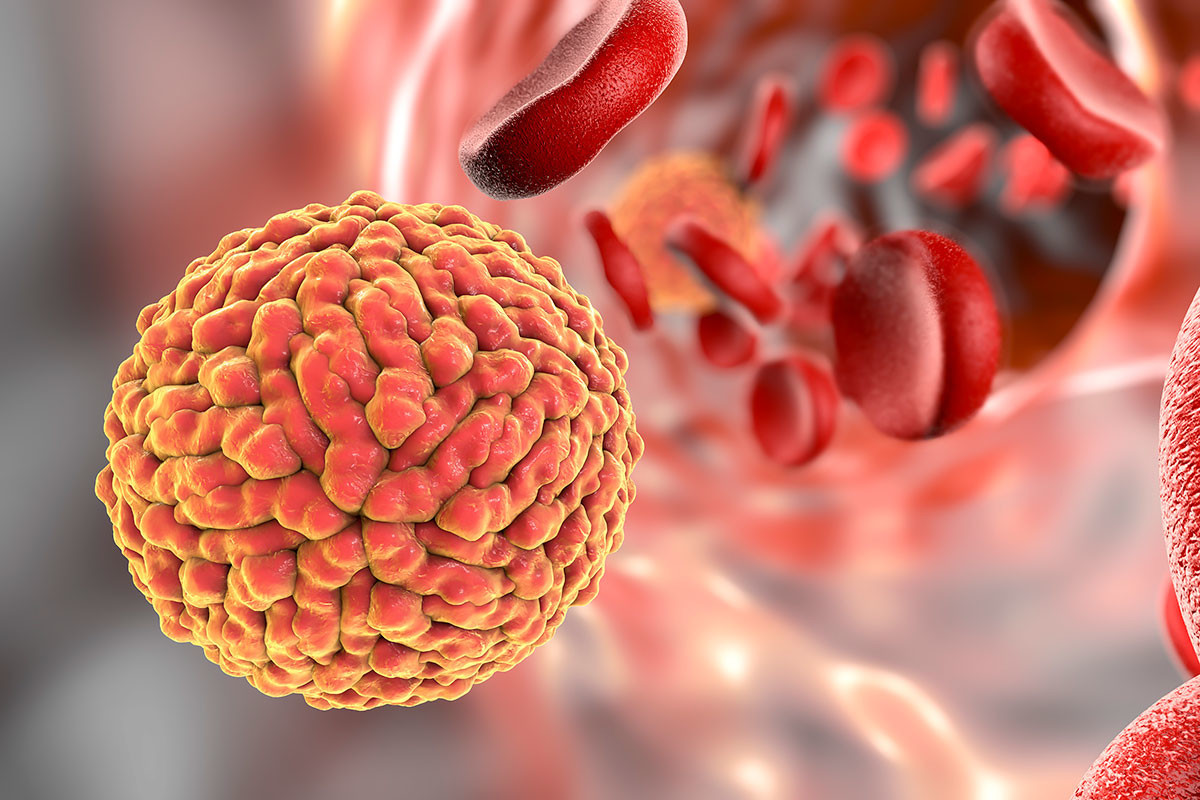
The National Institutes of Health (NIH) has been observing how the Zika virus is passed among mice to determine possible treatments to block transmission.
In an experiment, scientists from NIH's National Institute of Allergy and Infectious Diseases observed how male mice passed the virus to female mice through sexual contact and how pregnant female mice pass the virus to their unborn offspring.
Scientists faced challenges designing the experiment because mice have a better immune system than humans when it comes to defending from the Zika virus. Mice have better natural immune systems response to the Zika virus because they have a better interferon, or antiviral protein, response compared to humans.
Researchers quashed the interferon response in certain lab mice that can't make T cells or B cells. These anti-interferon Rag (AIR) mice have long-lasting virus infection attacking their testes, similar to what happens in human men who have Zika virus. As a result, the scientists could observe how Zika was passed from the males to the females through sexual contact, which they found happened often.
Scientists discovered that female AIR mice that are pregnant passed Zika to their fetuses, but they found not all fetuses were infected with Zika. This means the placenta may be the most important piece in preventing Zika transmission to a fetus, researchers say.
Zika typically does not make humans sick, but it will cause birth defects if it is transmitted from a pregnant woman to her fetus.



